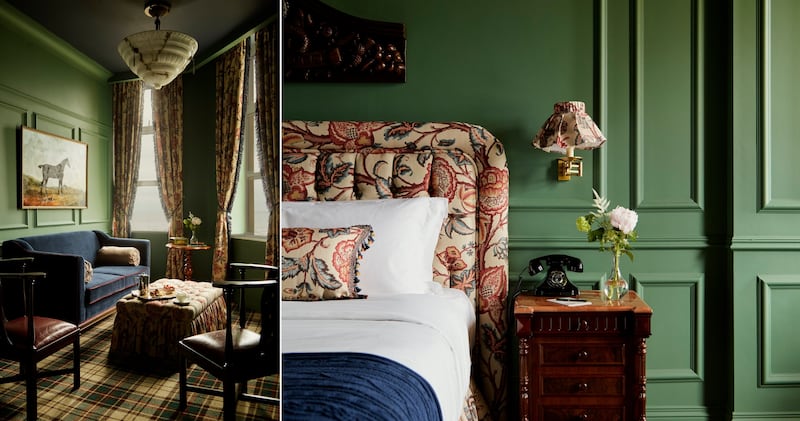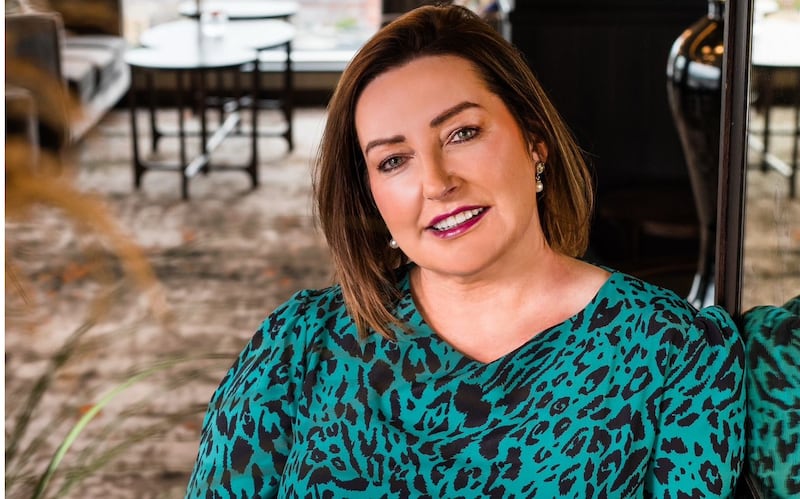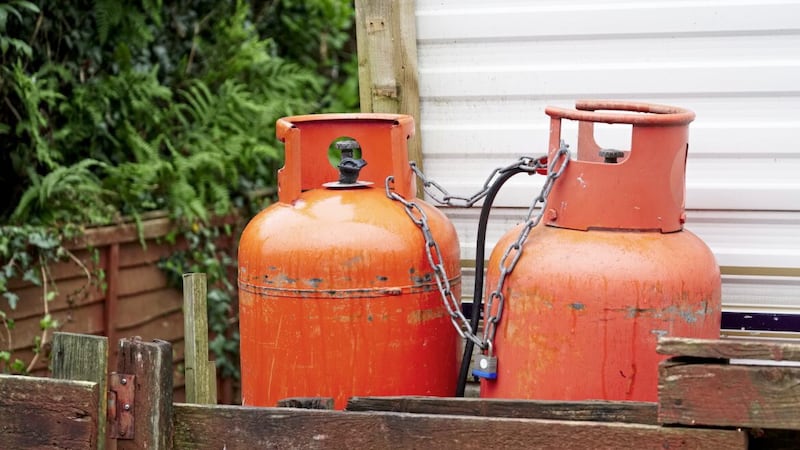Northern Ireland’s hospitality and tourism sector has always been one of our greatest assets.
Today, it is entering a new era. International investors are looking our way, luxury brands are moving in, and new hotels are reshaping our skyline.
The opportunities are immense. But with growth comes a challenge we cannot afford to ignore: the skills gap.
Hospitality has long been one of Northern Ireland’s biggest employers, spanning hotels, restaurants, bars, venues, and attractions.
Since the pandemic, the sector has rebounded strongly but the focus has shifted. It is no longer just about filling jobs; it is about expertise.
Events like The Open have placed NI on the global stage. Travellers now want more than a warm welcome.
They expect curated experiences that mix authenticity with luxury, and they increasingly compare us with London, Paris, and Dubai.
That comparison includes pricing. Room rates and dining costs have risen sharply. If we charge premium rates, the service must match world-class expectations.
THE RISE OF LUXURY
The luxury segment has grown rapidly over the past decade. More than £1 billion has been invested in hotels, and by 2026 NI’s room count will top 10,000 much of it in premium properties.
 Dunluce Lodge, overlooking Royal Portrush, is one of the new additions to the north’s luxury accommodation market.
Dunluce Lodge, overlooking Royal Portrush, is one of the new additions to the north’s luxury accommodation market.
The arrival of global hotel brands is a major vote of confidence. But it also raises a crucial question: do we have the skills to deliver the standard of service international luxury guests demand?
CLOSING THE GAP
Northern Ireland’s warmth is a natural strength, but luxury service requires more cultural awareness, discretion, and meticulous attention to detail.
Meanwhile, new hotel openings no longer guarantee prestige for staff. With competition rising, employers must work harder to attract and retain talent.
Success depends on local knowledge, cultural insight, and strong partnerships.
For new entrants, investing in local expertise whether PR, recruitment, or sales is vital. Too often, brands realise this too late, undermining both staff loyalty and guest experience.
Collaboration is key. Ulster University and local colleges already run strong programmes, but training must keep pace with international standards.
More placements in luxury settings are needed, alongside greater focus on leadership and cultural intelligence.
Equally, hospitality must be seen as a career, not just a stopgap. It offers clear routes to senior leadership and global opportunities.
Employers must do more to share that story and back it with real investment in apprenticeships, mentoring, and professional development.
 One of the rooms at the Slieve Donard Hotel, following a major investment by its new owner Marine & Lawn. The US investor has now acquired three hotels in Northern Ireland. MEETING GUEST EXPECTATIONS
One of the rooms at the Slieve Donard Hotel, following a major investment by its new owner Marine & Lawn. The US investor has now acquired three hotels in Northern Ireland. MEETING GUEST EXPECTATIONS
Luxury guests today are more demanding than ever. Excellence is expected at every touchpoint from a seamless check-in to discreet, attentive service.
Premium pricing only increases expectations. Guests want not just great facilities but also consistency, precision, and a sense that every detail has been considered.
Delivering this takes more than skilled individuals.
It requires a culture of excellence embedded across the organisation, led by managers who empower teams and put the guest experience at the centre of every decision.
LOOKING AHEAD
Northern Ireland stands at a pivotal moment. The rise of luxury hospitality promises new jobs, higher tourism revenue, and global recognition.
But growth will only be sustainable if we invest in people.
Without that focus, we risk building world-class facilities staffed by teams unable to meet world-class standards.
 Nichola Daly.
Nichola Daly.
With it, NI can confidently take its place as a leading luxury destination.
Nichola Daly is founder and director of Daly Recruitment

